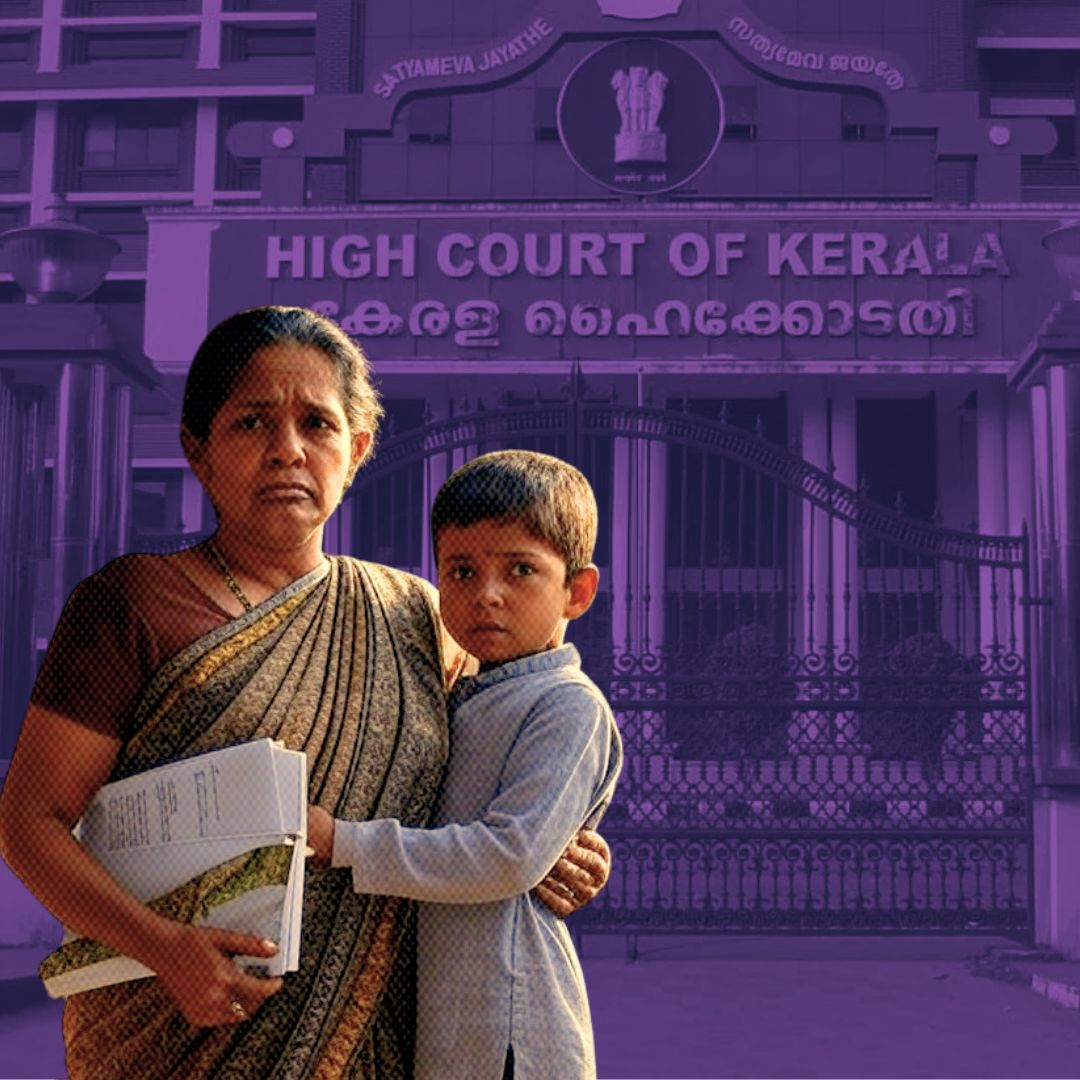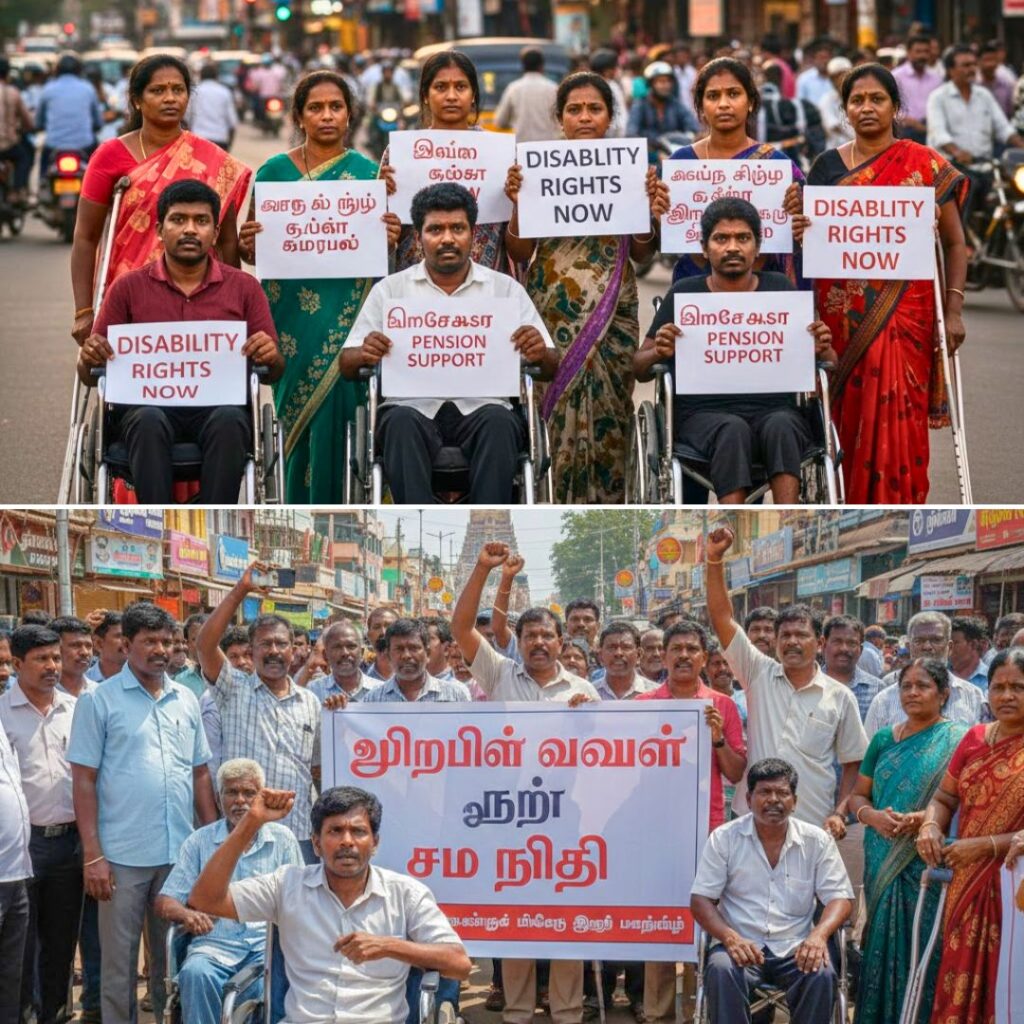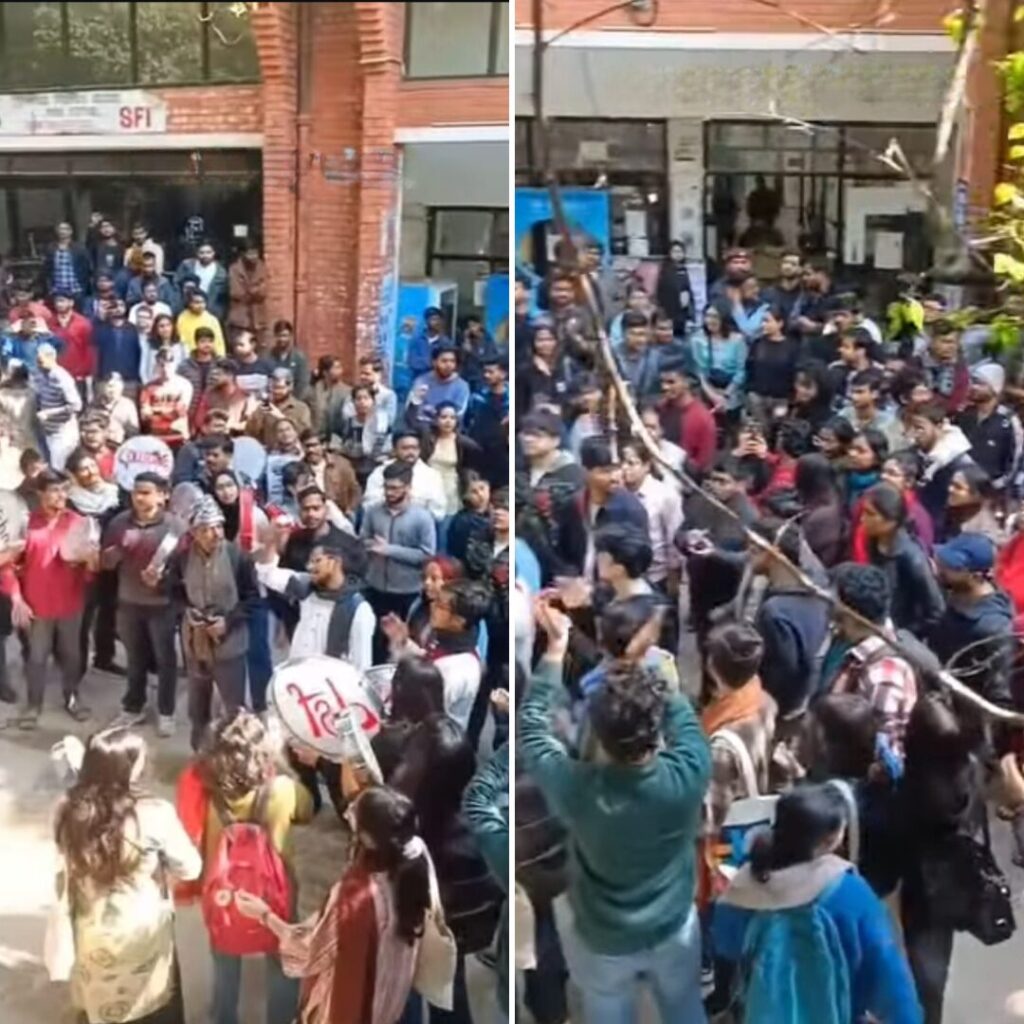On June 3, 2025, the Kerala High Court delivered a landmark judgment reaffirming that a woman’s right to reside in her matrimonial home continues even after the death of her husband. The court, presided over by Justice M.B. Snehalatha, dismissed a petition filed by the widow’s in-laws from Palakkad who sought to evict her and her children from the shared household.
The ruling, grounded in the Protection of Women from Domestic Violence Act, 2005 (DV Act), clarified that this right is independent of property ownership or legal title. The decision is a significant victory for widows facing eviction and harassment, reinforcing legal protections that secure their dignity and shelter.
Legal experts have praised the ruling for strengthening gender justice, while women’s rights activists have welcomed it as a step toward social change.
Court Reaffirms Right to Shelter and Dignity
The case arose after the death of the woman’s husband in 2009, when the widow and her children were subjected to repeated attempts by her in-laws to forcibly remove them from the matrimonial home in Palakkad. Although the widow initially moved to her parental home, she alleged ongoing harassment and obstruction by her late husband’s family, including threats and denial of access to the shared household.
The in-laws argued that since the husband was deceased, the widow no longer had any domestic relationship with them and therefore no right to remain in the house. However, the Kerala High Court rejected this argument, emphasising that the DV Act’s provisions on residence are designed to protect women’s safety and dignity beyond mere property rights.
Justice Snehalatha remarked, “A woman’s right to safe accommodation is fundamental and must be upheld to protect her from homelessness and indignity.” The court’s decision highlights the importance of recognising widows as independent rights holders entitled to security and respect within their families.
Legal Background and Broader Impact
Initially, the magistrate’s court had dismissed the widow’s plea, reasoning that the domestic relationship had ended with her husband’s death. However, the sessions court overturned that decision, issuing a restraining order against the in-laws to prevent further harassment.
The Kerala High Court’s recent verdict upheld the sessions court’s order and clarified the legal position under Section 17 of the DV Act, which guarantees every woman in a domestic relationship the right to reside in the shared household regardless of ownership or title.
The court also cited the Supreme Court’s 2022 judgment in Prabha Tyagi v. Kamlesh Devi, which established that a woman’s right to residence does not depend on her living with the respondent at the time of filing the complaint.
This ruling is expected to set a strong precedent, empowering widows and other women to assert their rights against eviction and domestic abuse. Legal experts have described the judgment as a progressive reinforcement of women’s autonomy and protection under Indian law.
The Logical Indian’s Perspective
The Kerala High Court’s ruling is a beacon of hope for countless women who face social exclusion and insecurity after the loss of a spouse. It upholds the principles of justice, empathy, and dignity that are essential for a harmonious society. By recognising the right to residence as a fundamental safeguard, the court has taken a firm stand against patriarchal norms that often marginalise widows and vulnerable women.
The Logical Indian believes that legal victories like this must be complemented by community awareness, sensitisation, and support systems that ensure these protections are realised in everyday life. As a society committed to kindness, dialogue, and coexistence, how can we collectively work to create safe and respectful environments for widows and all women facing similar challenges?













